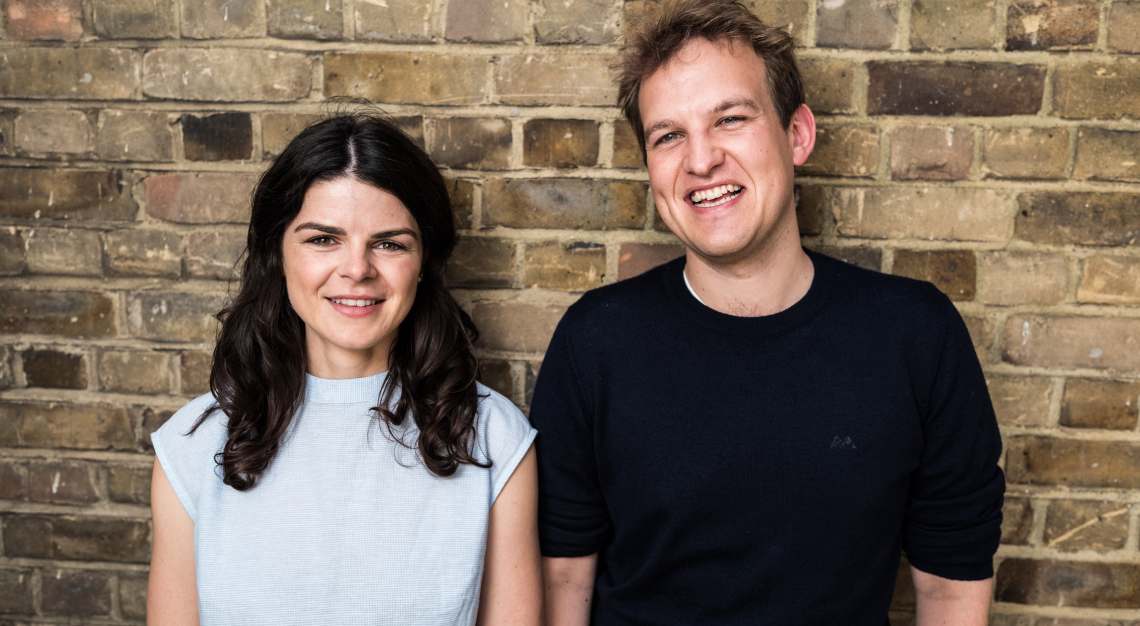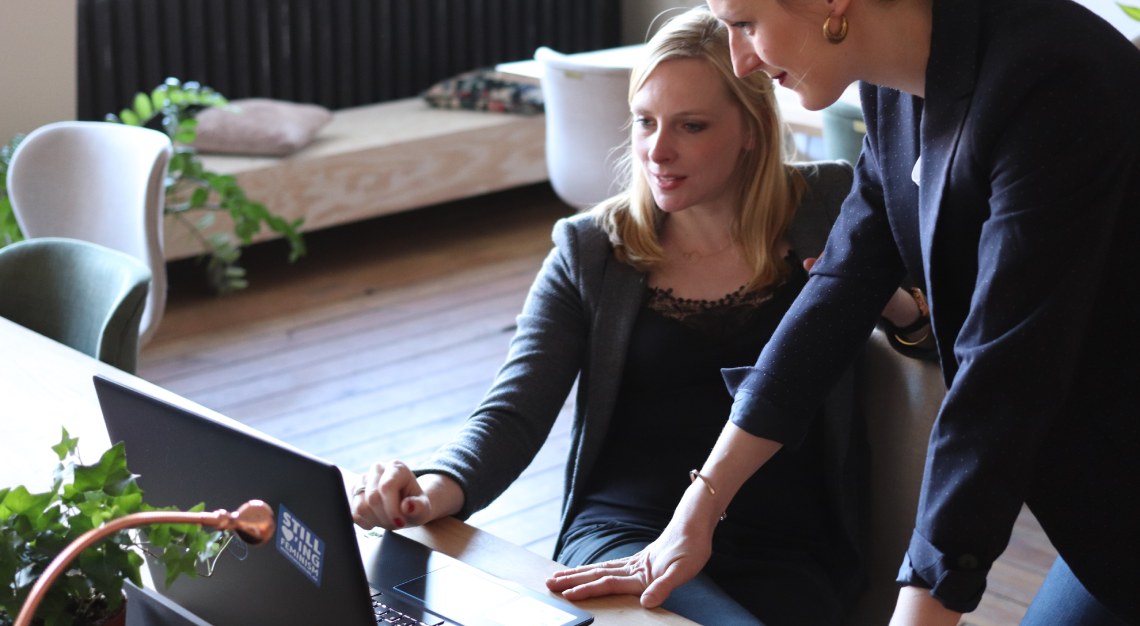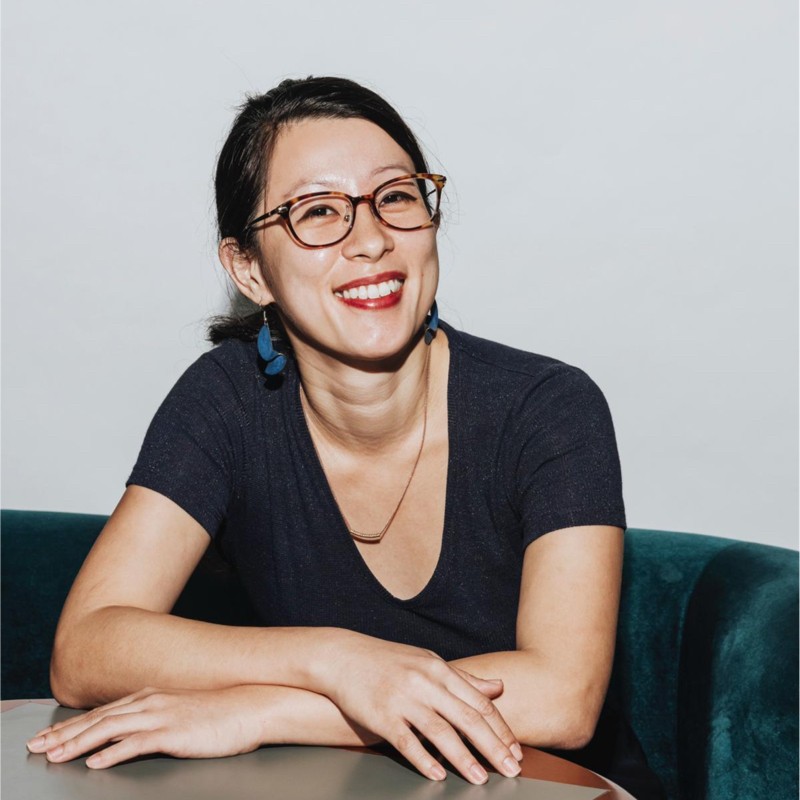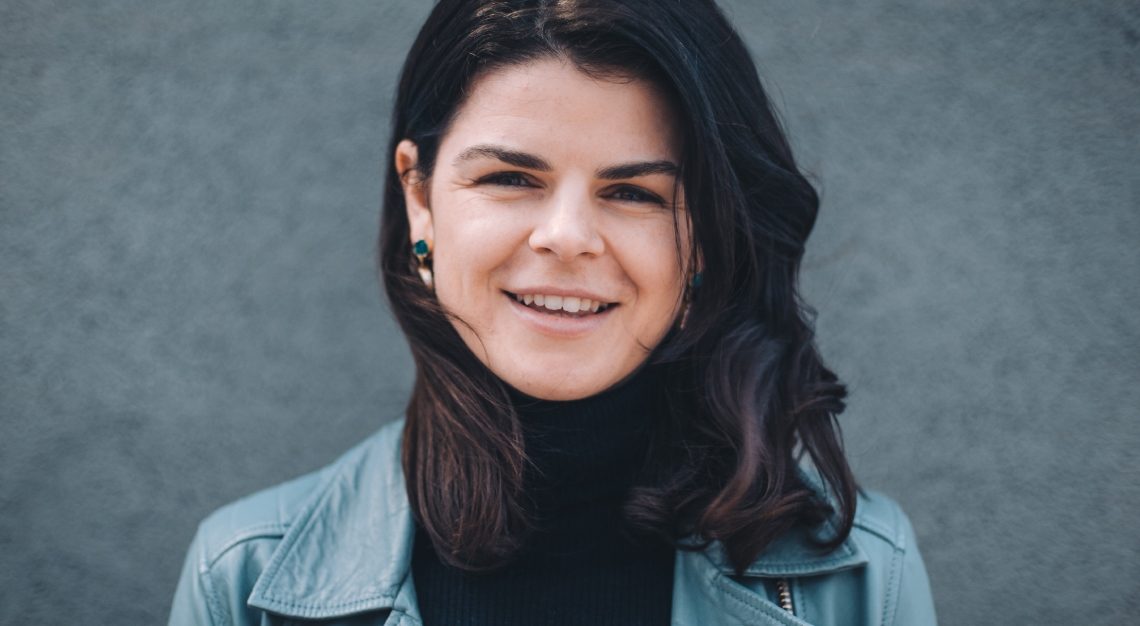Alice Bentinck, co-founder and general partner at Entrepreneur First, discusses female representation in the startup ecosystem
All’s fair in love and war. Business, too. Hunting down that perfect investor is never easy, and will often remind you of modern romance – you know, the vicious cycle of meeting countless new faces, repeating your story and feeling jaded by the end of the day. So how do you beat this vicious cycle? What’s the appropriate way to behave in front of an investor and how do you prepare to be treated differently just because of your gender? Alice Bentinck, co-founder of Entrepreneur First and Code First: Girls, shows you her perfect remedy.
What is unique about Entrepreneur First’s approach to building a company?
Entrepreneur First (EF) is the world’s leading talent investor, a new stage of venture capital focused on identifying founders before they have a team or even an idea. Talent investing takes the focus away from evaluating startups like most venture capitalists, and instead invests in exceptional individuals themselves, backing them with time, money and resources to build something huge. We help these ambitious and talented outliers identify their edge – a secret weapon typically in the form of a technical skill or area of expertise that gives them a competitive advantage over other founders in the same space.

What is the best way to find global investors?
Investors from around the world have come to EF because they are attracted to the success of our talent investment model and the companies we have backed. It has come to be seen as a sign of quality, if a company has been through EF.
The process of investment for venture capital firms is also changing. Investors are becoming more selective and astute when it comes to backing new businesses. The best investors now realise that the way to achieve success in venture capital is by investing in talent ahead of everything else. As a testament to this, EF is backed by some of the world’s best investors, including the founders of LinkedIn, DeepMind and PayPal.
What are the three behaviours that all investors hate? And how would you suggest avoiding them?
Investors hate it when founders don’t know their numbers, since it shows a lack of understanding and certainty about their company. Founders should know how well their company is performing, and be able to easily recall the key performance indicators that underpin their businesses.
Additionally, investors often say they don’t like bravado and when founders appear overconfident. That being said, I have seen in reality how this sometimes also helps founders to win over investors, but founders must tread the fine line between being confident and assured, and coming across as a braggart.

Why do investors treat women differently from men? How can one prepare for that?
Investors often can’t help but to pattern match, and refer to traditional examples of success to identify new founders that match those criteria. There have not been as many female founders out there in the field for investors to compare, so it does result in women being overlooked and undervalued.
However, the tide does appear to be shifting. Earlier this year, a Stanford professor conducted a study to study gender and racial bias by investors. He sent 80,000 cold emails to more than 20,000 venture capitalists and angel investors, and found that those signed off with female names received interested replies eight per cent more frequently than men. Attitudes towards female founders are starting to change, and investors are now actively seeking out female founders.
However, the best investors are forward-looking and know that the future doesn’t resemble the past. They know that the best founders are outliers, and are often unlike anything anyone has ever seen before.

In the realm of startups and investing, what are the three things that you wish would change and why?
One important mindset I want to change is for corporates to step out of their comfort zone and be more willing to try out new startup products. Secondly, some investors still put out unnecessarily tough terms for founders, so I hope the terms negotiated can be more founder friendly. Lastly, my biggest wish is for more amazingly talented Singaporean individuals to leave traditional corporate career paths and come join the land of startups, either as a founder, or as an employee.
Describe three ways to break bad news to your investors.
Nothing should ever be a surprise to your board and ideally not to your investors either. It is always better to share news early and often, rather than trying to hide something that blows up later on. By bringing your board into the loop, they can often help and rally around you. My only word of caution is to think about what bad news really is. Often, they will only be concerned with existential problems, rather than the everyday ups and downs of running a startup.









